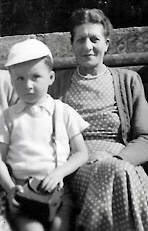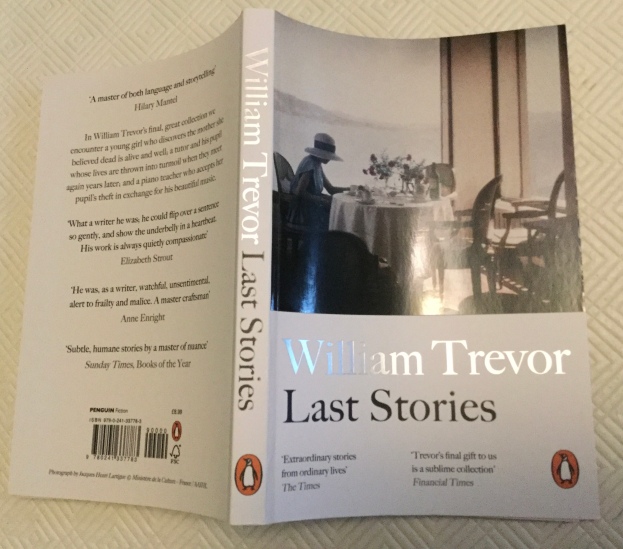Des Lewis will be 77 years old on 18 January 2025
Those who have read these episodic brainstorming reviews of mine must know they are very personal — rough-shod and spontaneous. Synchronicity and anagram mixed. I know they are not professional, never potentially publishable other than in the madness of my head, but I do hope they show grains of dark truth and cosmic panache.

These Des Lewis Gestalt Real-Time Reviews were founded in 2008.

‘What’s the loveliest word in the English language, officer? In the sound it makes in your mouth, in the shape it makes on the page? What do you think? Well now, I’ll tell you: E-L-B-O-W. Elbow.’ — THE SINGING DETECTIVE

“How shall a man find his way unless he lose it?” — Walter de la Mare

To any current genre author I have reviewed before — if you have a new story recently published or soon to be published in a collection or anthology, you may have a review by me of the story that also showcases where it is published. See HERE. (This is because I am no longer well enough to review as many books as I once did.)
Fresh Fictions, free to read HERE.
No AI input in preparation of my texts whatsoever.
THE NEW NONSCENIC
Photos here: https://conezero.wordpress.com/2024/02/24/d-f-lewis-recent-photos-1/


THE PIANO TEACHER’S PUPIL
“All that, she sensed, was true.”
All that she sensed was true. Without the commas’ false notes.
A story as a moving portrait of an unassuming woman, someone often lacking all the better things that many of us would have said she deserved, and who finally learnt that the gestalt of life prevailed, and in her case she was thankful for it. Half of the piano keys were her father’s dark chocolate, the other half the milky bar kid’s. But that is my oblique, hopefully meaningful, reflection on the story, but I am not necessarily assuming that the story ever made that clear. And what of the pedals?
THE CRIPPLED MAN
“Survival was their immediate purpose, their hope that there might somewhere be a life that was more than they yet knew.”
Stucco repaired, sashes eased in the windows, ladders hired, this is another story in this book where its gestalt quietly prevails over its buried seeds, and transformations in Ireland more stoically endured than effectuated. A literary storytelling as a sort of humble, yet richly told, religion, holy or holistic saints be thanked. A whiskey tale. One with storyteller dolls fitting a pattern set for them in a tantalising laid-back texture. Cousins (one crippled) are coupled ill-fittingly for deadpan pragmatic concerns. A couple, too, of Polish (or not) gypsy men disarmingly hired to supplant the back bacon for paint, too much paint, enough to outlast, via Irish weather fronts, the cripple, if not the whole couple.
AT THE CAFFÈ DARIA
“She puzzles over ‘concentric circles’ that might be ‘flower petals,’…”
That is the only crossword clue in this story that is not given a solution. After scratching my head, I think I have the answer, an answer which also seems serendipitous bearing in mind that I recently reviewed here a book of stories inspired by W.B. Yeats. This story, meanwhile, is probably the most poignant one about an ageing lady (here, indeed, two ageing ladies) that I have read since I read Anita Brookner. Indeed, one of them bears the name Anita! The other, Claire. Two ladies, friends infrequently passing time together in the tellingly backstoried London caffè, ladies who seem to have lived with the same man at different times, a man who has now died. Anita reads typescripts for a publisher, and I wonder if she picked up the unfinished typescript by her late ex-husband in the house for sale where Claire is supposed to still be living,… Utterly perfect story. If you can have degrees of perfection, especially when depicting this book’s prevailingly downbeat or deadpan gestalt of lives lived, a gestalt of resignation and making the best out of less than better.
I give my answer to the unsolved crossword clue at the bottom of my review – at the above link to the WBY-associated book.
This review will now continue here: https://elizabethbowensite.wordpress.com/william-trevor/